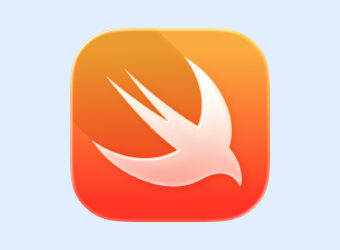Polymorphism means the ability to take many forms. In Java, it enables the same method to behave differently based on context.
Method overloading occurs when multiple methods have the same name but different parameters within the same class. It is compile-time polymorphism. Overloading improves readability and flexibility.
Method overriding happens when a subclass provides its own version of a superclass method. It is runtime polymorphism. Use the @Override annotation for clarity and safety. Overriding enables dynamic method dispatch. It helps in achieving runtime decisions for object behavior. Only non-static, non-final methods can be overridden.
Polymorphism enables extensible and scalable systems. Interfaces and abstract classes also support polymorphism. We can call overridden methods using superclass references. Polymorphism is central to Java’s dynamic behavior and OOP flexibility.





